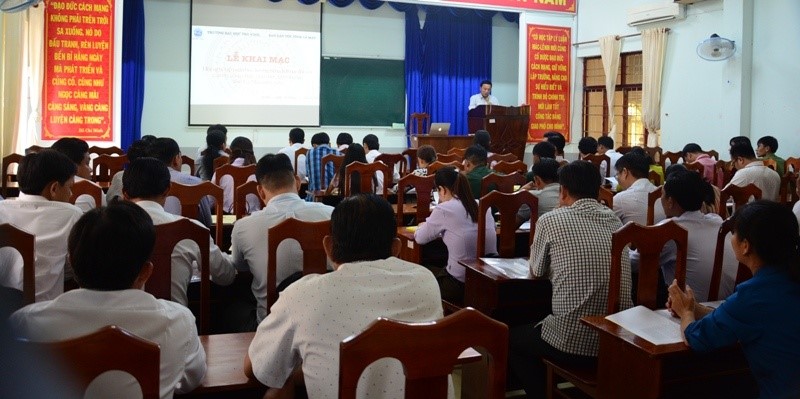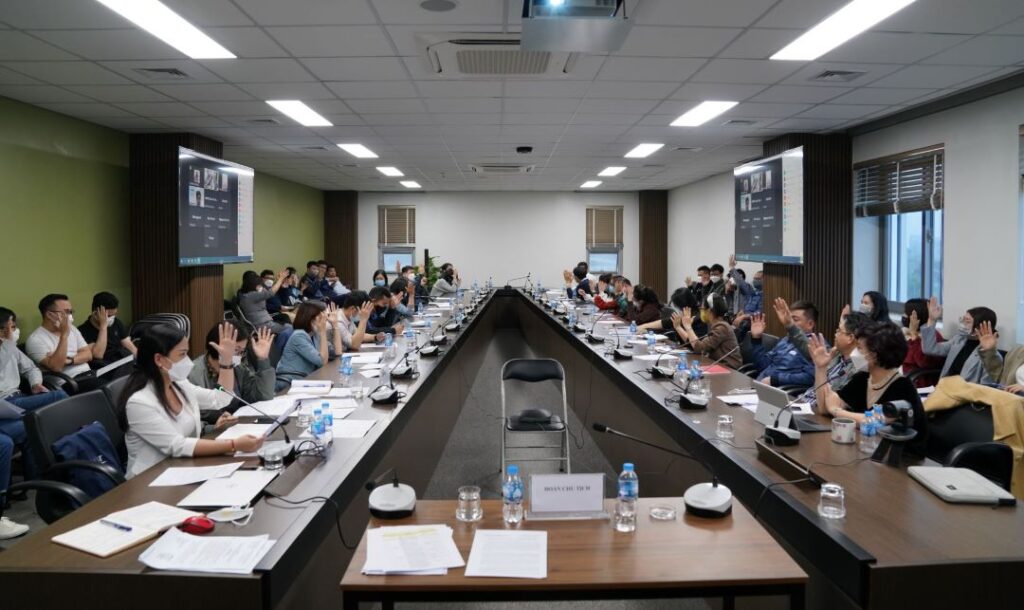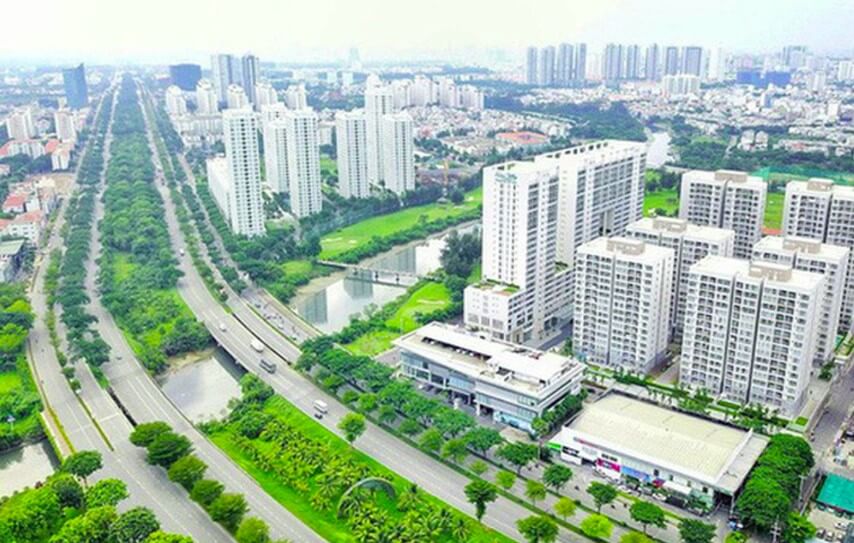General regulations on cadres and civil servants in Vietnam.

Vietnam law has general regulations on cadres and civil servants. Let’s find out this issue with Lawyer X through the following situation: “Dear Lawyer! I want to ask what are principles in public-duty performance in Vietnam? What do cadres, civil servants mean in Vietnam? What are principles of management of cadres and civil servants? Thanks for answering me!”
Legal grounds
- 2008 Vietnam Law on Cadres and Civil servants
Principles in public-duty performance
– Compliance with the Constitution and laws.
– Protection of the interests of the State and lawful rights and interests of organizations and citizens.
– Publicity, transparency, performance within competence, and submission to examination and supervision.
– Assurance of systematism, uniformity, continuity, smoothness and effectiveness.
– Assurance of administrative hierarchy and close coordination.
Regulations on Cadres, civil servants
– Cadres are Vietnamese citizens who are elected, approved and appointed to hold posts or titles for a given term of office in agencies of the Communist Party of Vietnam, the State, socio-political organizations at the central level, in provinces and centrally run cities (below collectively referred to as provincial level), in districts, towns and provincial cities (below collectively referred to as district level), included in the payrolls and salaried from the state budget.
– Civil servants are Vietnamese citizens who are recruited and appointed to ranks, posts or titles in agencies of the Communist Party of Vietnam, the State, socio-political organizations at the central, provincial and district levels; in People’s Army agencies and units, other than officers, professional military personnel and defense workers; in People’s Police offices and units other than officers and professional non-commissioned officers, and in the leading and managerial apparatuses of public non-business units of the Communist Party of Vietnam, the State and socio-political organizations (below collectively referred to as public non-business units), included in the payrolls and salaried from the state budget; for civil servants in the leading and managerial apparatuses of public non-business units, they are salaried from the salary funds of these units according to law.
– Cadres of communes, wards and townships (below collectively referred to as commune level) are Vietnamese citizens who are elected to hold posts for a given term of office in People’s Council standing bodies and People’s Committees, as Party secretaries and deputy secretaries, and as heads of socio-political organizations. Commune-level civil servants are Vietnamese citizens who are recruited to hold specialized titles in commune-level People’s Committees, included in the payrolls and salaried from the state budget.
Principles of management of cadres and civil servants
– Assurance of Party leadership and stale management.
– Combination between title criteria, working positions and payroll quotas.
– Adherence to the principle of democratic centralism, the individual responsibility regime and clear assignment of tasks and decentralization of powers.
The employment, evaluation and grading of cadres and civil servants musl be based on their political qualities, ethics and public-duty performance capability.
– Implementation of gender equality.
*Management of cadres and civil servants covers:
+ Promulgating, and organizing the implementation of. legal documents on cadres and civil servants;
+ Elaborating plannings and plans on cadres and civil servants:
+ Prescribing tittles and structure of cadres;
+ Prescribing ranks, titles and codes of civil servants; descriptions, working positions and structure of civil servants for determining payrolls;
+ Other affairs related to the management of cadres and civil servants under Vietnam Law on Cadres and Civil servants.
Competent agencies of the Communist Party of Vietnam, the Standing Committee of the National Assembly and the Government shall specify the contents of management of cadres and civil servants
Policies toward talented persons
The State implements policies to discover, attract, foster, employ in proper positions and well treat talented persons.
The Government shall adopt specific policies towards talented persons.

Interpretation of terms in Vietnam Law on Cadres and Civil servants
– Agency employing cadres and civil servants means an agency, organization or unit assigned to manage, assign and arrange tasks and powers to cadres and civil servants and examine them in performing tasks and exercising powers.
– Agency managing cadres and civil servants means an agency, organization or unit assigned to recruit and appoint cadres and civil servants, promote them to higher ranks and increase iheii salaries, permit them to discontinue work or retire, implement regimes and policies towards, and reward and discipline cadres and civil servants.
– Working position means a job linked with a civil servant title, post, structure and rank as a basis for determining the payroll of, and arranging jobs for civil servants in, an agency, organization or unit.
– Rank indicates the level of specialized and professional capability and qualification of a civil servant.
– Appoint means to decide on a cadre or civil servant to hold a leading or managerial post or a rank according to law.
– Relieve of duty means to allow a cadre or civil servant to discontinue holding a post or title before the end of the term of office or appointment.
– Remove from office means to disallow a cadre or civil servant to hold a post or title before the end of the term of office.
– Demote means to reduce a cadre or civil servant holding a leading or managerial post to a lower one.
– Dismiss means to disallow a cadre or civil servant to hold a leading or managerial post before the end of the term of office or appointment.
– Transfer means a competent agency to decide to send a cadre or civil servant from one agency, organization or unit to another.
– Rotate means to assign or appoint a managerial or leading cadre or civil servant to hold another leading or managerial title for a given period in order to further train and retrain him/her in response to task requirements.
– Second means to send a civil servant of one agency, organization or unit to work at another in response to task requirements.
– Resign means a leading or managerial cadre or civil servant to ask for permission to give up his/her post before the end of the term of office or appointment.
Please see more:
- Instructions for exclusive registration of company logos in Vietnam
- Service of changing the legal representative of Vietnamese enterprises
Services of Lawyer X
Prestigious professional services: Firstly, the team of consultants and consultants for many years in the field of civil status, and customer support.
On-time: Certainly, with the motto “Get your lawyer right at your fingertips”, we ensure the service always performs on time. The rights and interests of customers always come first.
Cost: Besides, Lawyer X’s service costs are highly competitive; depending on the nature of the particular case. So, we want our guests to have the best possible service experience. Therefore, costs which guaranteed to be the most suitable and economical for customers.
Confidentiality of client information: Finally, all personal information of clients Lawyer X will be 100% confidential.
If you need any further information, please contact LSX Law firm: at +84846175333 or Email: [email protected]
Frequently asked questions
Cadres are Vietnamese citizens who are elected, approved and appointed to hold posts or titles for a given term of office in agencies of the Communist Party of Vietnam, the State, socio-political organizations at the central level, in provinces and centrally run cities (below collectively referred to as provincial level), in districts, towns and provincial cities (below collectively referred to as district level), included in the payrolls and salaried from the state budget.
Assurance of Party leadership and stale management is one of principles of management of cadres and civil servants in Vietnam
Civil servants are Vietnamese citizens who are recruited and appointed to ranks, posts or titles in agencies of the Communist Party of Vietnam, the State, socio-political organizations at the central, provincial and district levels; in People’s Army agencies and units, other than officers, professional military personnel and defense workers; in People’s Police offices and units other than officers and professional non-commissioned officers, and in the leading and managerial apparatuses of public non-business units of the Communist Party of Vietnam, the State and socio-political organizations (below collectively referred to as public non-business units), included in the payrolls and salaried from the state budget; for civil servants in the leading and managerial apparatuses of public non-business units, they are salaried from the salary funds of these units according to law.
Conclusion: So the above is General regulations on cadres and civil servants in Vietnam.. Hopefully with this article can help you in life, please always follow and read our good articles on the website: lsxlawfirm.com




